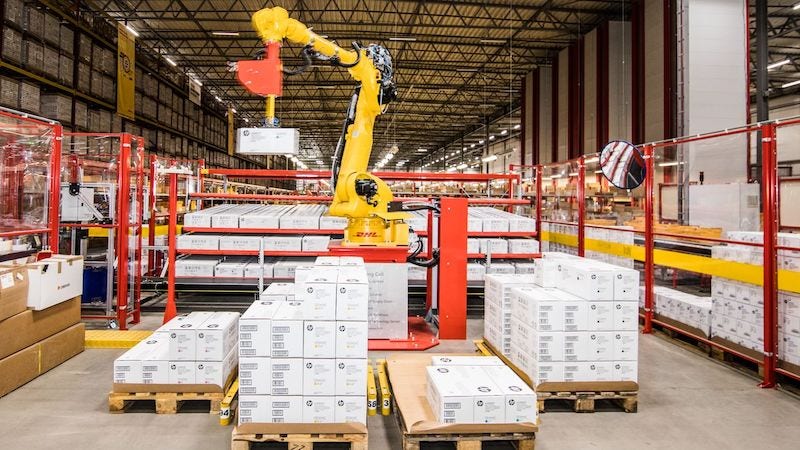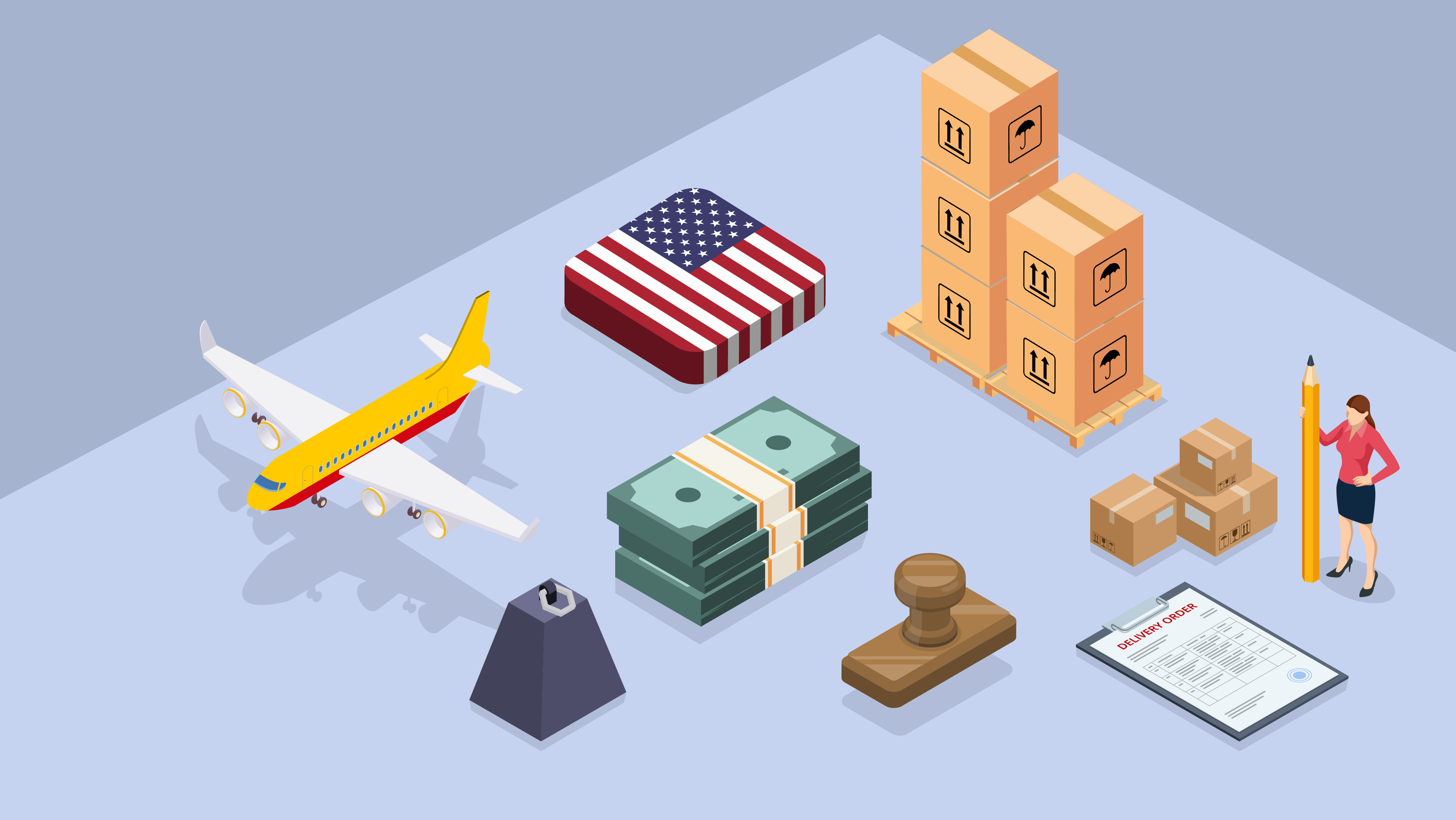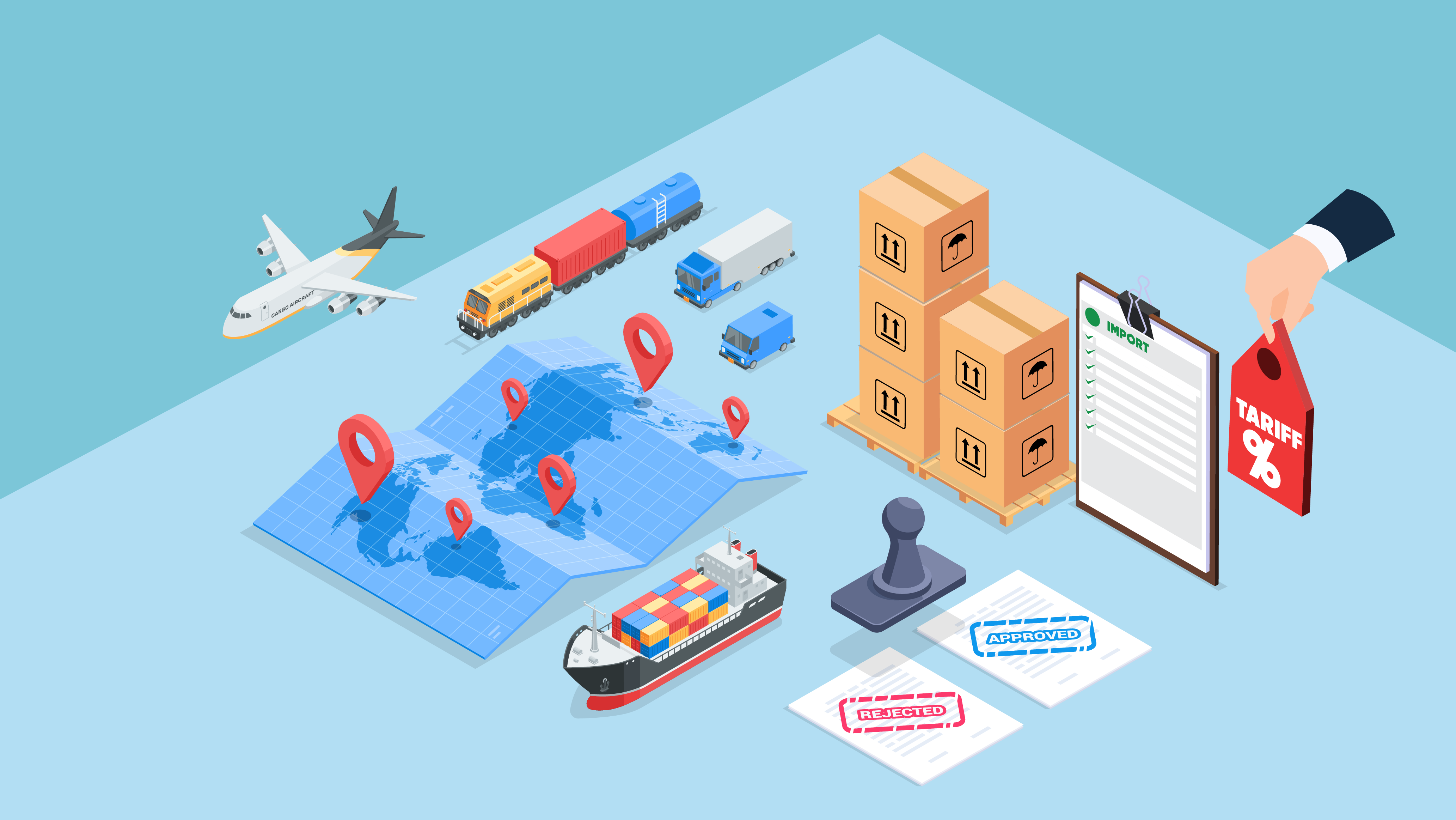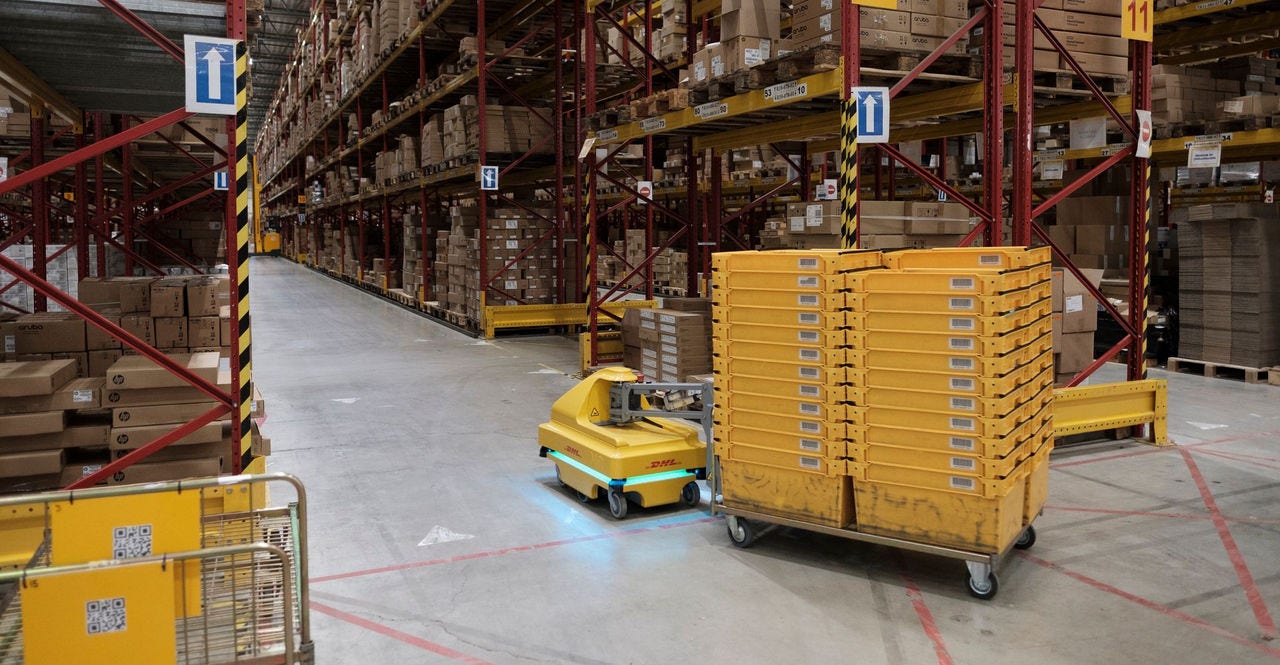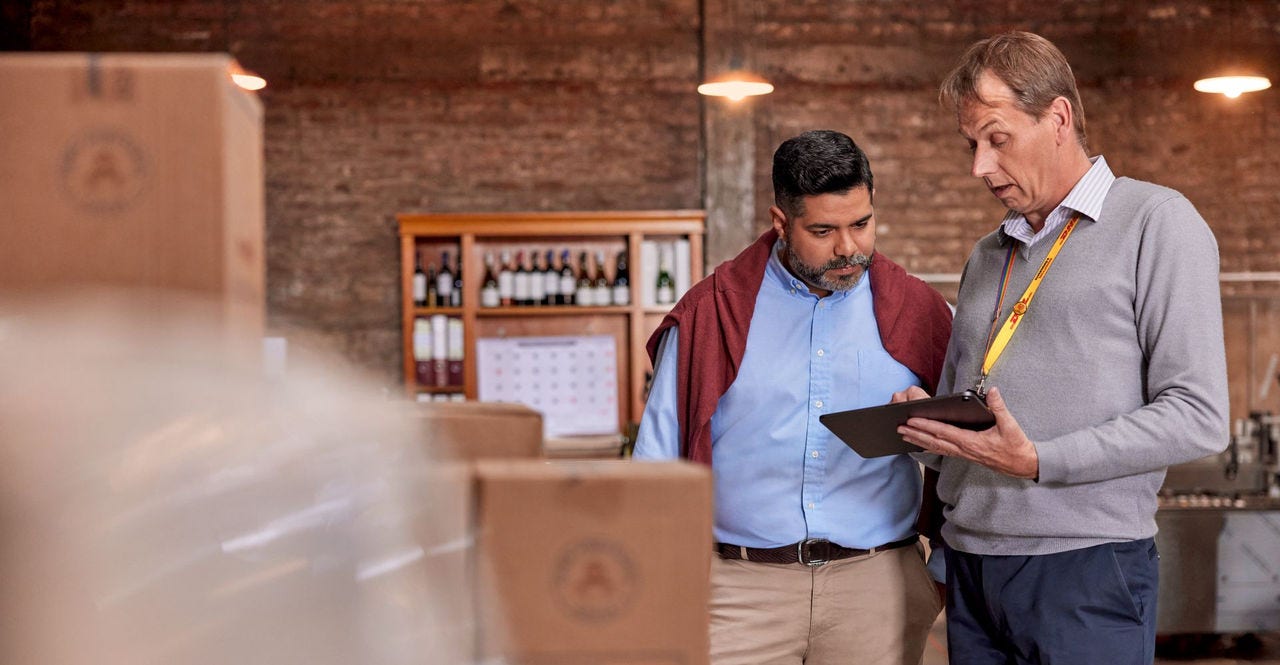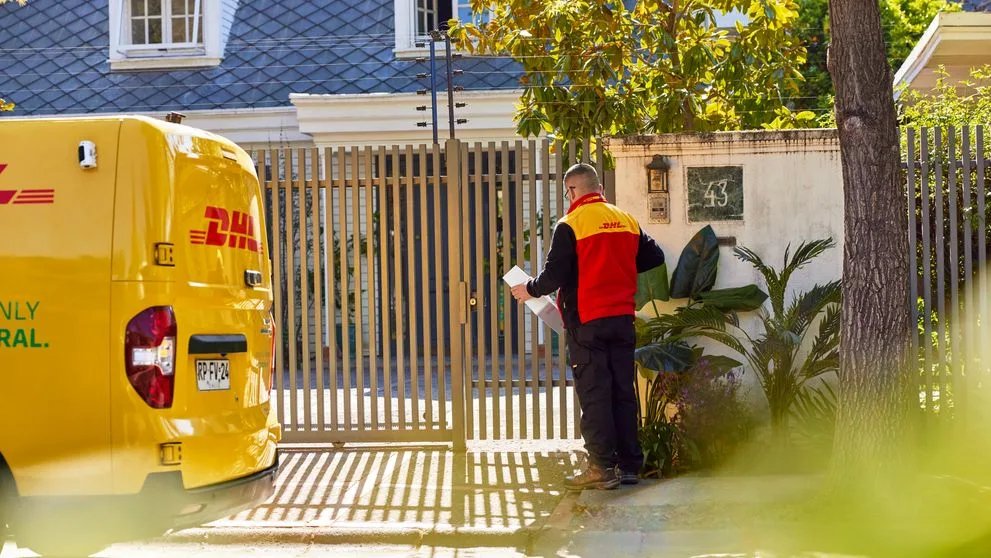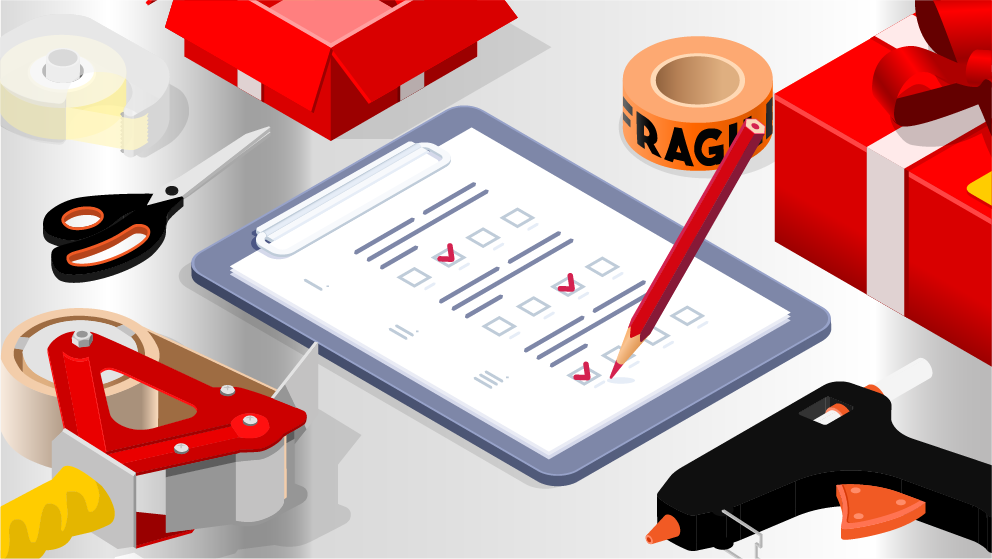1. Review your supply chain
Taking a more detailed approach to review your supply chain and find out how you can streamline it is always a good way to get started. Analyse the different processes of your operations and determine what your business should be achieving. If the current processes are not helping in that aspect, you will have to uncover issues such as bottlenecks or inefficacy so that you can take action to resolve them and set relevant goals and measure long-term performance data.
Additionally, for practicality, ensure that data is recorded in real-time. This will help identify prominent issues that you can rectify before they affect your logistics operations. Moreover, with real-time data, you can make better data-driven decisions that are more accurate or even further calibrate your machines to produce positive results. Take the time to also ensure your data is updated regularly. By allocating manpower to track and monitor the data, you can constantly be on the lookout for any abnormalities or undesirable statistics in your data.
2. Develop a logistics hub
For a streamlined supply chain process, you should develop a logistics hub for your business so that every step of your business logistics is accounted for. For example, you can start from the top of your supply chain to account for activities such as the sorting, packing, and dispatching of goods. This will also include the tail end stretch of the supply chain, which includes activities such as shipping and transporting.
Assigning specific functions to various different hubs helps create a seamless flow of distribution as your goods move from one point to another. To preempt any potential problems, track the movements of your goods and monitor any disruptions in the event of missing or damaged goods. This will allow for quick identification and rectification of issues.
With an international logistics hub, you are paving the way for streamlined work and an automated workflow. In the long run, your business will be able to fulfil more orders and deliver the best services to your customers.
3. Invest in the right people
Ensuring that your supply chain works seamlessly would be difficult without having the right people in place to manage your international logistics. Unlike machine and digital intelligence, the extent of having skilled and experienced staff will greatly influence the movement of your goods along the supply chain. With the right knowledge and skills to manage international logistics effectively, your staff will know how to choose the right transportation mode, ensure quality standards, understand documentation and regulations, as well as monitor delivery timings and communicate well with your suppliers and customers.
4. Improve internal and external communication
Clear and effective communication is essential at every stage of the supply chain process, from suppliers to customers. In order to streamline your international logistics, businesses will have to ensure that everyone involved is on the same page and updated with the latest information. This means having a clear understanding of customer needs as well as supplier capabilities. There should also be a clear line of communication between different departments within the company, such as sales, marketing, finance, and operations. By improving internal communication, businesses can avoid potential issues and delays further down the supply chain. With constant communication, there is always opportunities for clarification, thus reducing confusion and error in work and improving overall efficiency.
5. Automate with artificial intelligence
Artificial intelligence (AI) is quickly becoming one of the most useful tools for supply chain management. AI can be used to streamline various processes along the supply chain, such as forecasting demand, optimising routes, and managing inventory. By automating these tasks with AI, businesses can free up time for their employees to focus on more value-added tasks. In addition, AI can also help to improve decision-making by providing real-time data and insights. When it comes to international logistics, businesses need to be agile and adaptable in order to stay ahead of the competition. By streamlining their supply chain, businesses can improve their efficiency and responsiveness to changes in the global market.
How can DHL Express help?
DHL Express can assist businesses with their international logistics needs through our comprehensive range of services. We have a global network of over 220 countries and territories that allows us to provide door-to-door delivery to almost anywhere in the world. With our experience and expertise in international logistics, we can work with businesses to tailor a solution that meets their specific needs. Create a DHL Express account today to start streamlining your business’s complex logistics operations.


